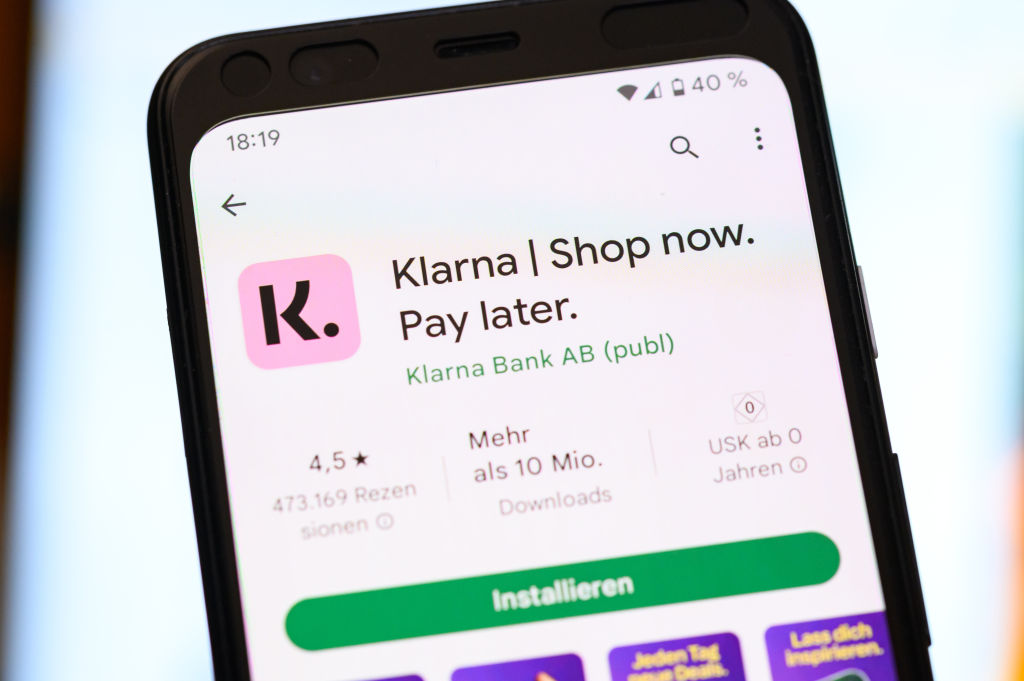Klarna is betting everything on ChatGPT Enterprise. Here’s why it’s a surprise


OpenAI launched ChatGPT Enterprise this week to allow companies to access its chatbot technology with additional protections and capabilities compared to the consumer version. And a company in the finance sector is among its first customers.
If you are a fan of “buy now, pay later” services, more commonly called deferred payment, you probably know Klarna. The company offers flexible payment options for online buyers, and recommendations for good deals.
And Klarna is among the first customers of ChatGPT Enterprise.
Towards 100% of employees with ChatGPT
Klarna is not in its first use of AI. In addition to its own AI tools, such as its product recommendation engine, the company has implemented OpenAI’s API, which 2,500 Klarna employees use for various use cases. These include AI-powered shopping recommendations and even customer services, according to the company.
Although 2,500 employees represent a significant number of employees who have integrated ChatGPT into their workflows, they still represent only 50% of Klarna’s employees. Sebastian Siemiatowski, the CEO of Klarna, wants to make sure that more employees use the technology.
“Even though we push everyone to test, test, test and explore, only 50% of our employees use it daily,” he explains. “That’s why we need to find new ways to encourage more people to use the fantastic technology of OpenAI”. So the hope is that by implementing ChatGPT Enterprise, this number will increase from 2,500 employees to all Klarna employees.
New level of employee empowerment
“With the integration of ChatGPT Enterprise, we aim to reach a new level of employee empowerment, improving both the performance of our team and the customer experience,” said Sebastian Siemiatkowski.
Siemiatkowski’s optimism and commitment to expanding the use of AI at Klarna is remarkable because it differs from the strategies of most banks. Other financial organizations have taken a completely different approach by completely banning the use of AI, going as far as banning (Read also: 75% of companies ready to ban ChatGPT)
The decision of these banks to ban generative AI chatbots is probably motivated by privacy and data security concerns. Why? Because generative AI models notoriously use user data to further train their models.
It is clear that these concerns do not prevent Klarna or other ChatGPT Enterprise users, such as Block, Canva, Carlyle, The Estée Lauder Companies, PwC and Zapier, from adopting the technology. If the implementations of these companies are successful, they will probably help to build trust and encourage other companies to adopt ChatGPT Enterprise as well.
Source: “ZDNet.com “








